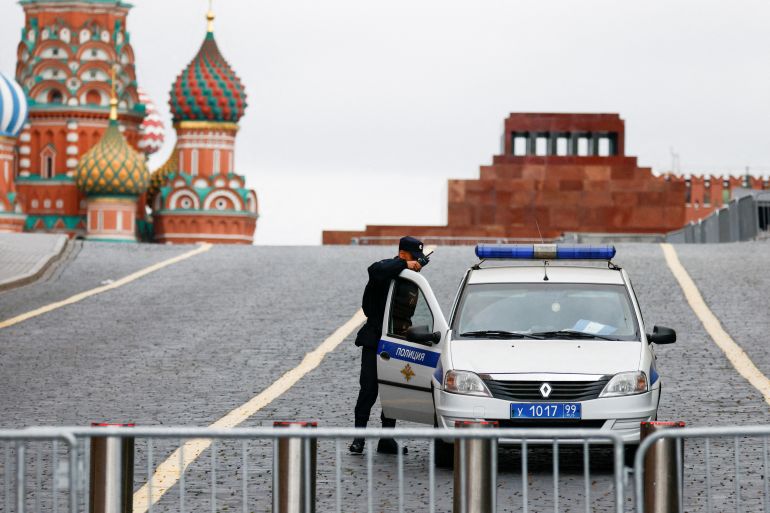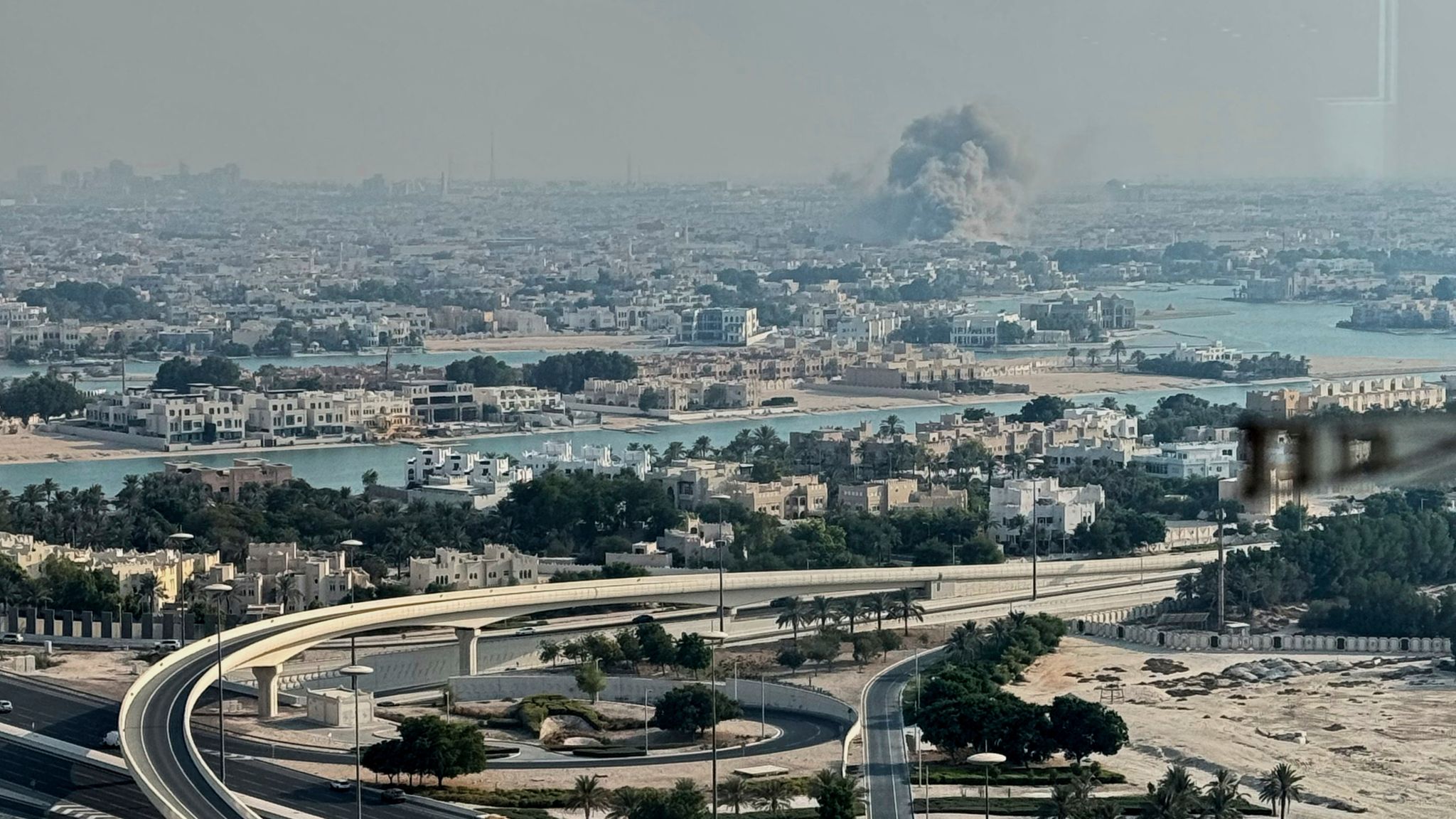Russia’s ‘internal affair’: China plays down Wagner mutiny impact
Beijing stresses ‘national stability’ as state media reports the collapse of the Wagner revolt strengthened rather than weakened Putin.

China has expressed its support for Russia in the wake of the weekend’s aborted Wagner mutiny, as state media projected a narrative of stability and minimal impact on Beijing’s ally.
China’s foreign ministry described the incident as “Russia’s internal affairs” in a brief statement on Sunday after Wagner Group head Yevgeny Prigozhin led his soldiers to within 200 kilometres (124 miles) of Moscow before suddenly agreeing to withdraw as part of a deal brokered by Belarusian President Alexander Lukashenko.
Under the terms of the agreement, Prigozhin and the troops who backed the rebellion would not be prosecuted, and Prigozhin would go into exile in Belarus.
“As Russia’s friendly neighbour and comprehensive strategic partner of coordination for the new era, China supports Russia in maintaining national stability and achieving development and prosperity,” Beijing said in the statement.
Chinese media, meanwhile, reported on the story later than Western media and indexed it lower, while articles also stressed how quickly the Kremlin was able to defuse the situation and return to normal, said Wen-ti Sung, a political scientist who teaches at ANU’s Taiwan studies programme and works on US-Taiwan-China relations.
“In terms of propaganda, China’s state media focuses on presenting a positive image of Putin, repairing the supreme leader’s image of unassailability and control, as well as highlighting continued stability of Russian society,” he told Al Jazeera.
In a lengthy article on Sunday, the official Xinhua news agency noted that “Xinhua reporters found that the incident did not cause a major disorder in Russian society and people’s life in Moscow and beyond was barely affected” despite some restrictions on movement.
The tabloid Global Times, citing several Chinese experts, stressed that “despite the Western media saying the revolt exposed the weakness of the Putin administration … the Kremlin maintains a strong capability of deterrence, which will further increase its authority.”
The article included experts like Cui Heng, an assistant research fellow from the Center for Russian Studies of East China Normal University, who made remarks like “quelling the revolt in such a short period of time actually consolidated the authority of the Putin administration, which has little impact on the front-line battlefield between Russia and Ukraine.”
While China has officially remained neutral in the Russian invasion of Ukraine, Beijing has provided vital economic support to Russia in the face of Western sanctions, and continues to refer to Moscow as a close “strategic ally”.
Chinese President Xi Jinping and Russian leader Vladimir Putin also maintain close personal ties, and are likely to continue doing so for the foreseeable future, ANU’s Sung said.
“Xi still prefers Putin to the alternatives, but Beijing now has reasons to have more reservations and become more transactional in dealings with Putin,” he said.
-al jazeera







